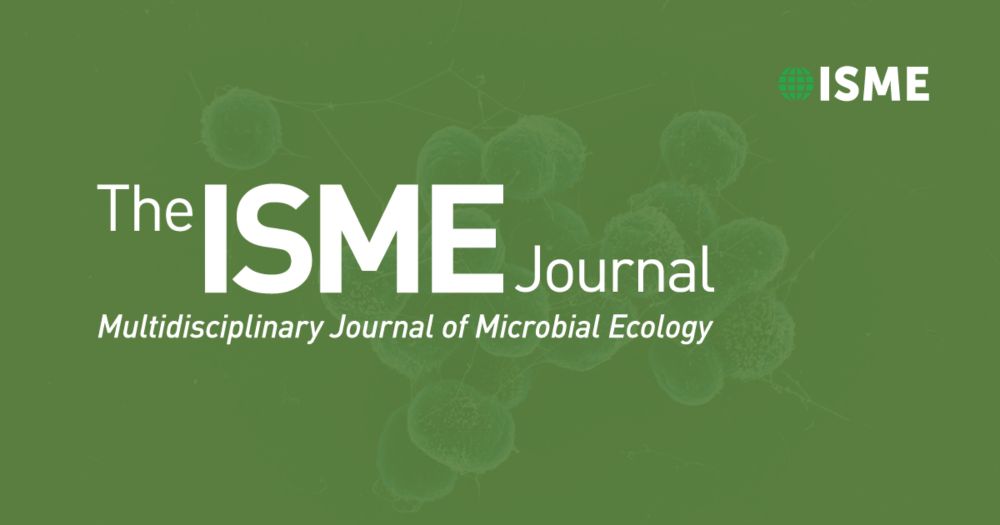
Professor, ecology, FU Berlin, own views, book author
Global change, soil, fungi, environment, microplastic, biodiversity 🧪
https://www.youtube.com/@mrillig
https://www.youtube.com/@lifeinthesoil
rilliglab.org
https://matthiasrillig.substack.com ..
more
Professor, ecology, FU Berlin, own views, book author
Global change, soil, fungi, environment, microplastic, biodiversity 🧪
https://www.youtube.com/@mrillig
https://www.youtube.com/@lifeinthesoil
rilliglab.org
https://matthiasrillig.substack.com

How many years into the future will people read our scientific output?
Is it 5 years, 10 years, or a hundred years? Should we care?
matthiasrillig.substack.com/p/how-many-y...

Productivity-driven decoupling of microbial carbon use efficiency and respiration across global soils
@fubcp.bsky.social @freieuniversitaet.bsky.social @humboldt-foundation.de
www.science.org/doi/10.1126/...
Reposted by Francis Martin

The Hidden Risk of Combined Stressors for Soils
@fubcp.bsky.social
www.fu-berlin.de/en/presse/in...

www.rheinpfalz.de/lokal/speyer...
Big fan of trying out new things like this, and it was a very interesting read - kudos to the authors.
Didn't understand the math; and were in the end unsure of the heuristic value of having these clusters of the PTBT identified.
Discussed if this is possible to do for fungi...

Warum scheinbar harmlose Einflüsse Böden schädigen können
www.fu-berlin.de/presse/infor...
This means that in restoration, priority should be given to mitigating factors with the strongest negative influence in multi-stressor contexts, rather than targeting the ones with the worst direct effect.

Global change factors differ in effect when acting alone and in a multi-factor background
www.nature.com/articles/s41...

Hoffert et al.
Constructing a “periodic table” of bacteria to map diversity in trait space
@noahfierer.bsky.social
academic.oup.com/ismej/advanc...

Constraining the effect of global change on antifungal resistance
Written with current & former postdocs Wei, Guanghui and Changchao.
www.nature.com/articles/s43...
@changchao-li.bsky.social @natrevearthenviron.nature.com

Global change resilient landscapes
What do you think about this?
open.substack.com/pub/matthias...

Reposted by Matthias C. Rillig



